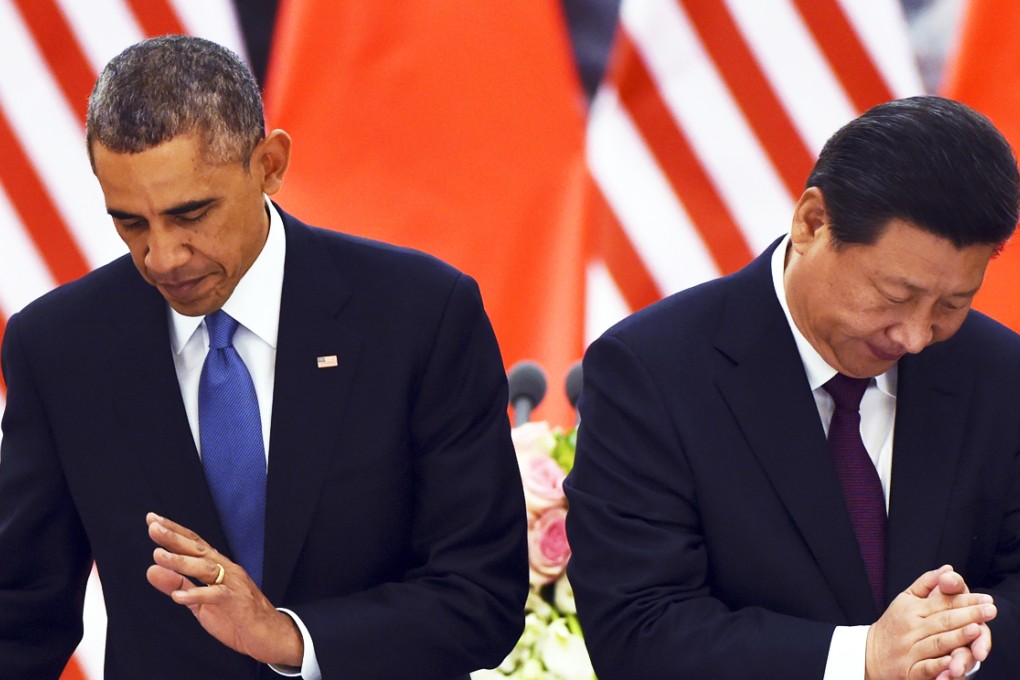Differences between China, US evident despite agreement in some areas
Despite efforts to play down their differences, areas of disagreement between the world's two most powerful nations were still evident.

Despite efforts to play down their differences, areas of disagreement between the world's two most powerful nations were still evident.
In two days of marathon talks, President Xi Jinping and his US counterpart Barack Obama both pushed their own agendas.
Obama pressed Xi on human rights and the pro-democracy protests in Hong Kong, while Xi repeatedly reminded his guest that Americans should treat China as an equal.
Speaking to reporters at a joint news conference after their bilateral summit, Obama said China and the US had important differences, but he was encouraged by Xi's willingness to engage constructively.
"There are important differences that we have, both practically as well as our vision for our respective countries and our conduct in foreign policy," Obama said.
"But what I've been very encouraged by is your willingness, Mr President, to engage in constructive dialogue."